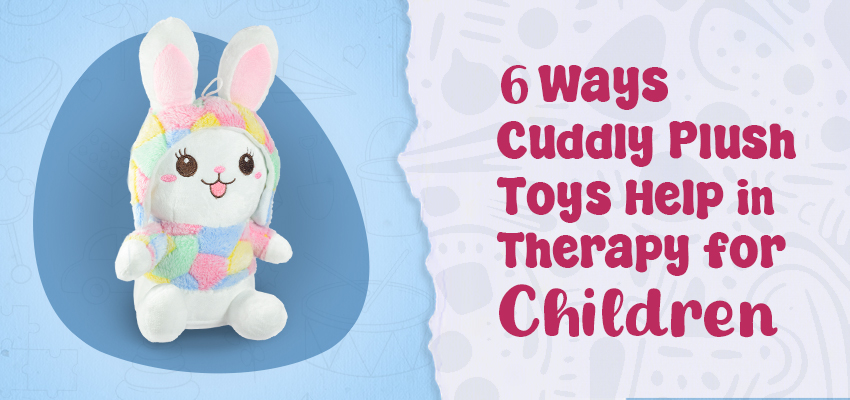
In today’s world, where children often face various challenges, the role of cuddly plush toys goes beyond mere playthings. These soft toys play a crucial role in therapy, providing comfort and support to children during difficult times. The use of these plush soft toys in therapeutic settings has gained popularity due to their ability to foster emotional well-being and aid in coping mechanisms.
In the realm of childhood therapy, the impact of adorable stuffed toys transcends their delightful appearance. These cherished companions serve as vital elements in therapy sessions, offering children much-needed comfort and emotional support during trying circumstances.
To delve deeper into the significance of cuddly plush toys in therapy, let’s begin by exploring how these comforting companions provide emotional comfort and a sense of security to children in need.
Emotional Comfort and Security
Plush teddy bears and other animal plushies serve as companions that children can confide in. These soft and huggable toys offer a sense of emotional comfort and security, especially in unfamiliar or stressful situations. Research indicates that the act of cuddling a favourite small cuddly teddy or soft cute cushions can reduce stress and anxiety levels in children.
Expression and Communication
For children struggling to express their emotions verbally, soft toy bags containing plush backpacks or pillow stuffed toy can act as communication tools. Therapists often use toy puppets and animal hand puppets to encourage children to articulate their feelings and thoughts through play and storytelling. This form of play therapy helps in building trust and enhancing communication skills.
Coping Mechanisms
During times of trauma or grief, children find solace in familiar objects like plush soft toys. These toys become symbols of resilience and help children develop healthy coping mechanisms. Holding onto a stuffed animal toy can provide a source of stability and reassurance, aiding in the healing process.
Sensory Stimulation and Relaxation
The tactile nature of adorable plushies offers sensory stimulation, which is particularly beneficial for children with sensory processing issues. Running fingers through the soft fur of a plush teddy bear or manipulating a soft toy puppet engages sensory pathways, promoting relaxation and soothing anxiety.
Facilitating Social Skills
In group therapy sessions, animal plushies and plush backpacks encourage social interaction among children. Sharing and playing with these cuddly plush toys helps in developing empathy, cooperation, and social skills. This interactive play fosters a sense of belonging and encourages positive peer relationships.
Creative Expression and Imagination
Plush soft toys ignite creativity and imagination in children. Whether they are role-playing with toy puppets or creating scenarios with animal hand puppets, these activities promote cognitive development and problem-solving skills. The open-ended nature of play with adorable stuffed toys allows children to explore and make sense of their world.
Conclusion
In conclusion, the significance of cuddly plush toys in therapy for children cannot be overstated. From providing emotional comfort and security to facilitating communication and social skills, these plush soft toys play a multifaceted role in supporting children’s well-being. Whether it’s a plush teddy bear or an animal plushie, these adorable companions are not just toys—they are essential tools that aid in healing and development.
Next time you see a child clutching their favourite small cuddly teddy or engaging with soft toy bags filled with adorable plushies, remember that these simple objects are powerful instruments of therapy, helping children navigate through life’s challenges with resilience and joy.





